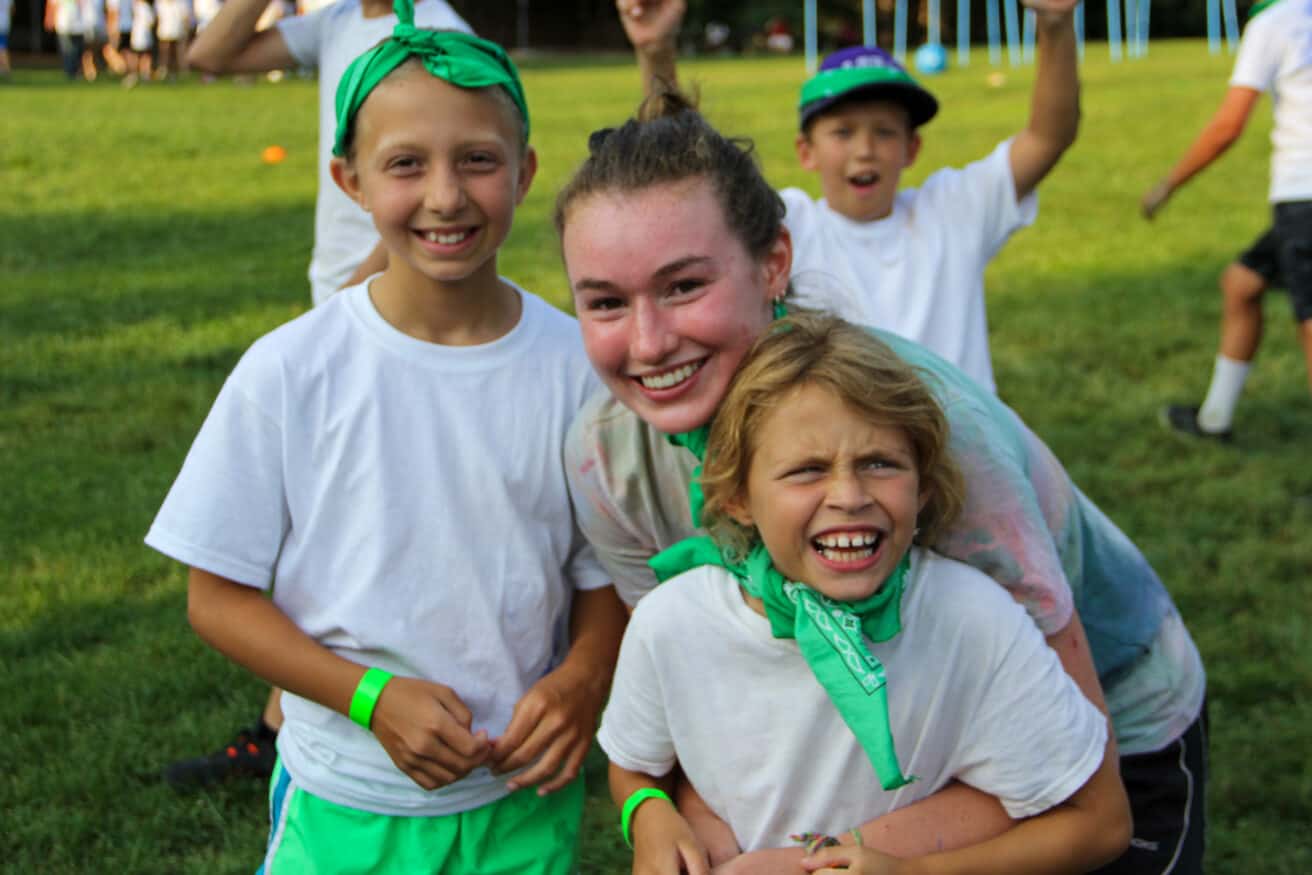
Not only is the college application process becoming more competitive and strenuous, but so is the job search once students leave college. So how can you ensure that you are most prepared for success in the workforce? Work at summer camp.
It might sound like just a fun summer, but there are so many reasons why working at camp can help prepare you for your career, whether you want to be a teacher, therapist, food scientist, or accountant.
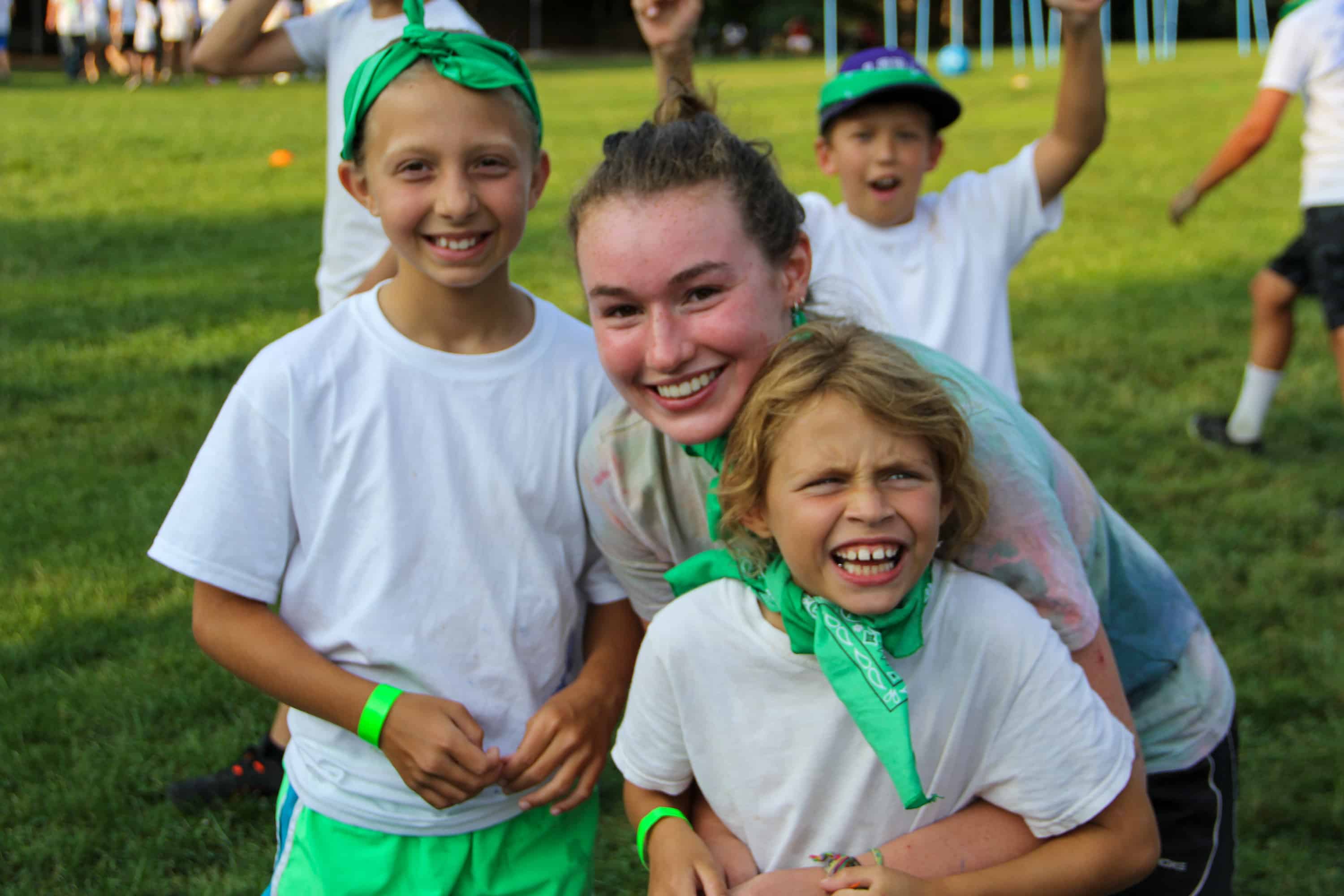
First, camp is a great place to learn soft skills. Employers don’t just want the accountant who knows how to add the numbers correctly or the doctor who can get the correct diagnosis. Every job has hard skills that are specific to that career. However, more and more employers are seeking out applicants who have soft skills like good communication skills, the ability to work well on a team, and the flexibility to adjust and adapt as problems arise. Summer camp is the perfect setting to flex leadership skills, learn how to overcome unexpected challenges, and work alongside co-workers with diverse backgrounds and ideas. Every day, the job of a counselor involves caring for others, managing a schedule, leading a group, communicating ideas, coming up with creative solutions, and serving as part of a team. After just one summer at camp, you could walk into any job interview with stories and examples of how you have used the soft skills that employers are looking for in real ways.
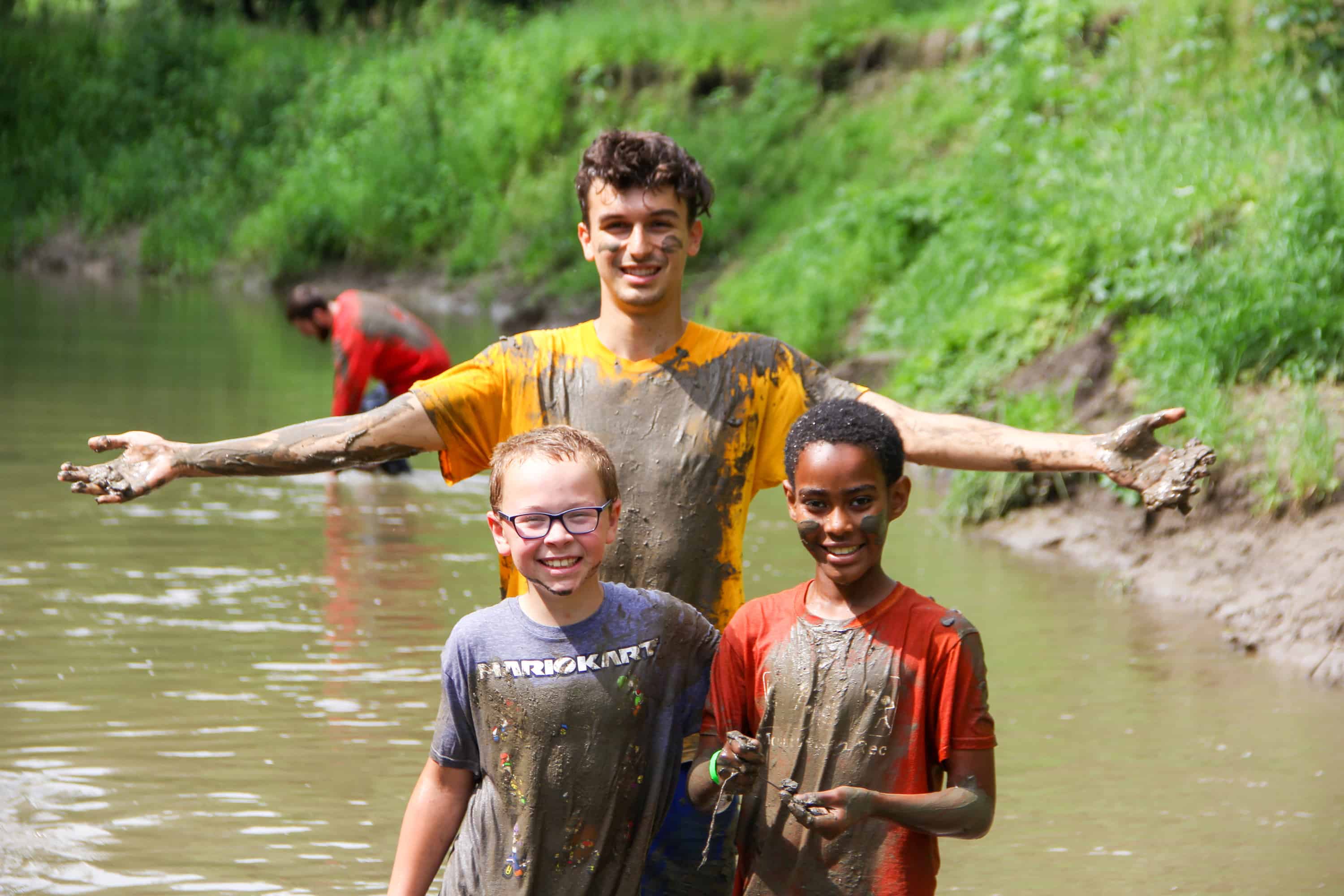
Second, camp is a place to build a network. Every summer, a staff comes together with one common goal and mission. You will meet people who will become some of your best friends in just a week’s time, though you never knew each other before the summer started. You will also become part of a history of people who have worked together over half a century to ensure that Camp Wyoming is a valuable part of people’s lives. These people, whether they are summer staff, directors, or alumni have connections and resources that you can lean on as you prepare to enter the work force. Do you need a recommendation letter for your next internship and job? Are you looking for connections with other teachers and education majors across the state, country, and world? Do you want a job in animation, plan to move to Chicago after graduation, or desire to learn more about running a non-profit? You can make all of these connections at camp.
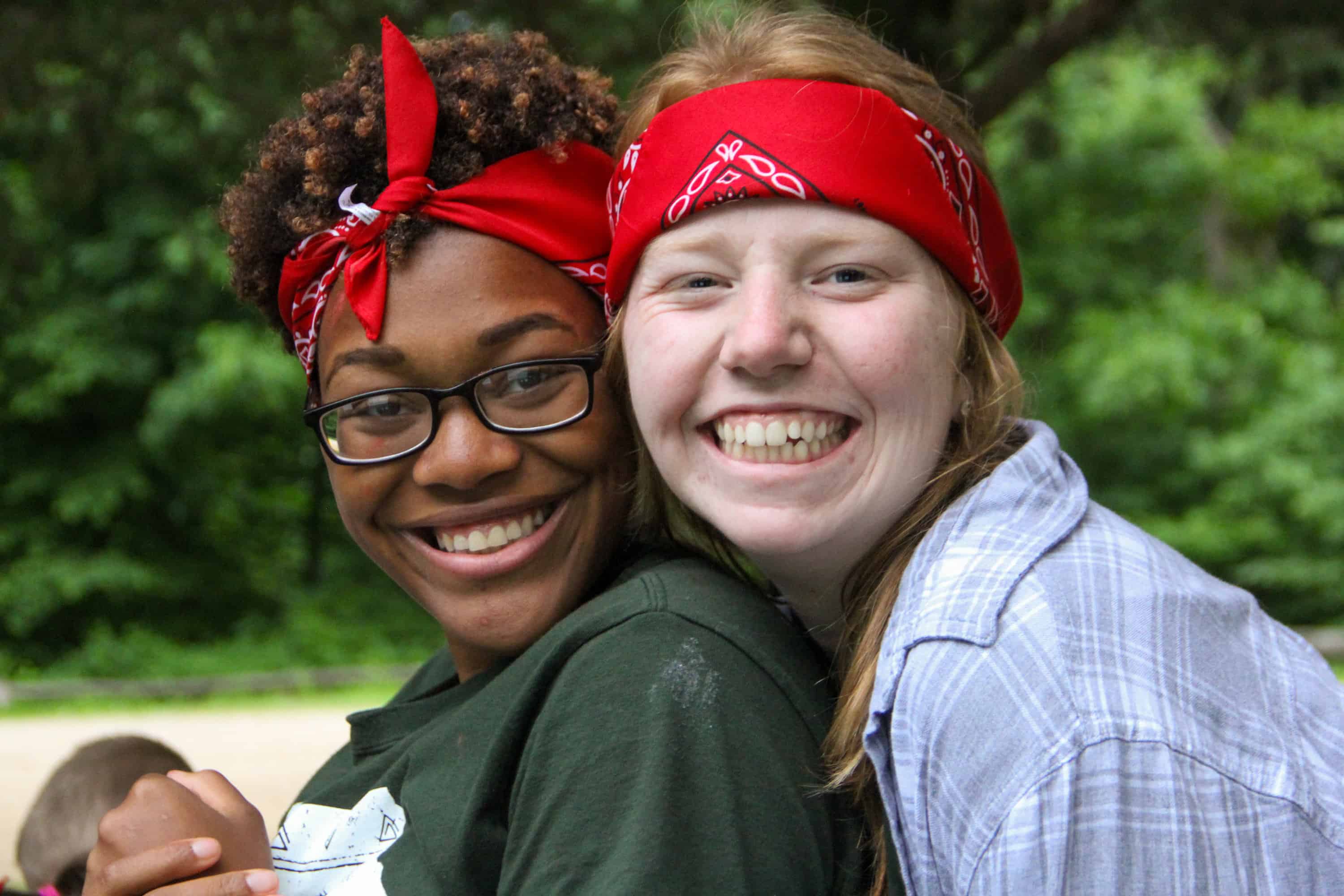
Third, camp is a place where you can make a difference. Sitting with the girl who’s mom died last year, sharing meals with your group and letting them talk about their feelings and interests, cheering on the boy who scored the goal in soccer, and leading Bible study and worship every day will have an impact long after your counselor days are over. You’ll learn your own strengths and see yourself as part of a bigger movement as you inspire a spontaneous dance off, comfort the hurting camper, teach someone how to dive into the deep end, and remind teenagers of their own value and self-worth. There’s nothing like it, and there’s nothing more important.
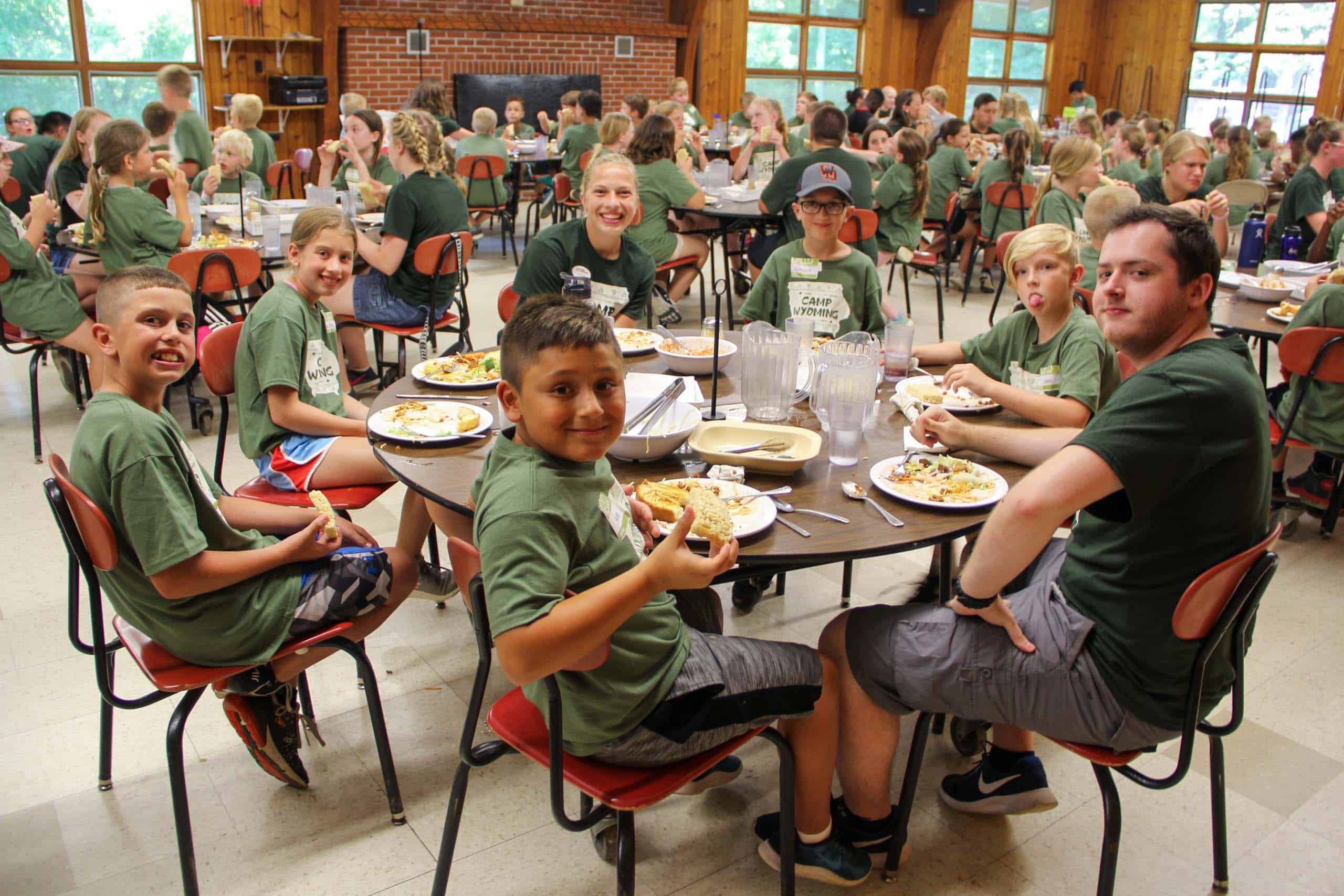
It can be easy to think you’re wasting your time when you work at summer camp, but you’re actually building your resume and skills. You’re expanding your worldview. You’re interacting with a diverse body of people.
There was an article published on the New York Times blog in 2012 called “The Camp Counselor vs. The Intern” where a father lamented his daughter’s choice to work at camp. However, he came to see it as a valuable experience after his daughter made her case.
“What I do there matters,” she insisted. In several conversations, she told us about helping a camper cope with her mother’s debilitating depression and comforting others whose parents were fighting or separating, about aiding 11- and 12-year-olds who were coming to terms with their sexuality, battling anorexia, confronting body fear. She talked about the many hours devoted to water-skiing lessons, about instilling the confidence needed by awkward, gawky, painfully self-conscious 8- and 9-year-olds to stay prone in the water, hold on to the rope, then rise up and stay on their feet as the boat pulled away. “What’s more important than that?” she asked.
Her father writes,
“I had no answer, because I couldn’t come up with anything more important. Nor could I dispute her additional point that the work was incomparable preparation for the future, requiring the skills to manage group projects and motivate individuals, set goals and juggle tight schedules, and stay available for 24 hours a day, six days a week, in sickness and in health.”
Are you ready to do what matters? Are you ready to commit to this oh-so-important work? Apply at Camp Wyoming today.
Read the full New York Times Blog here.
